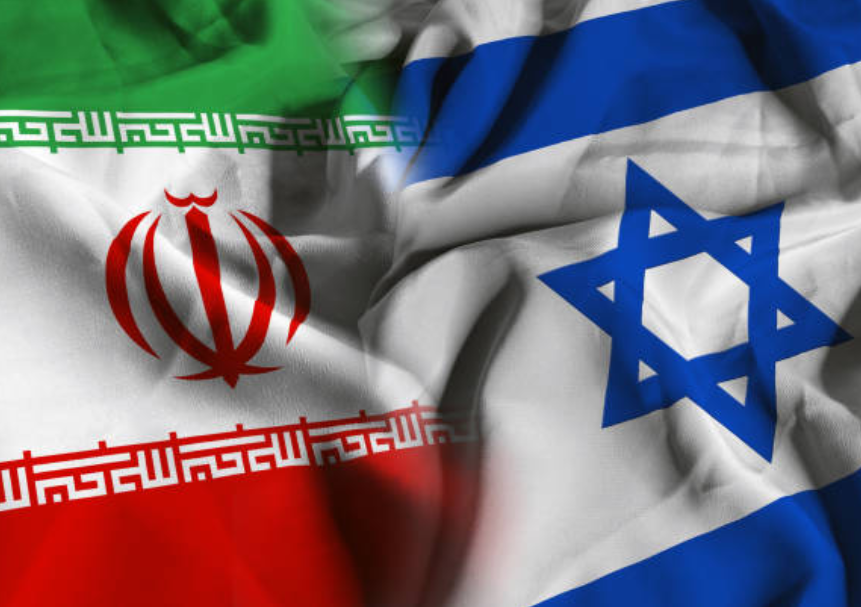The Middle East conflict has escalated over the last one year after the Hamas launched a terrorist attack on Israel on October 7, 2023, killing over 1200 civilians and taking more than 200 civilian Israeli hostages, the ostensible reason being that it was a response to decades of Israeli oppression, killings of Palestinians and blockade of the Gaza Strip. Hamas also justified the attacks by saying this had put the plight of the Palestinians on the world’s agenda. The Hamas is a Palestinian armed group and political movement in the Gaza Strip, which has support from Iran and has been in power in the Gaza Strip since 2007, after winning elections and violently ousting rivals.
The 7th October attacks led to Israel launching massive airstrikes on Hamas strongholds and hideouts in the Gaza Strip, followed by a ground invasion leading to a full fledged war between Israel and Hamas with Israel’s stated aim being to destroy Hamas and free the Israeli hostages, held by the Hamas, and to ensure that Israel would not be threatened again. While this war was ongoing, the Hezbollah in Lebanon, an ally of Hamas, launched attacks on Israel’s Northern borders, displacing thousands of Lebanese and Israelis from their homes. Hezbollah is a Shia Muslim political party in Lebanon, and a militant group, supported by Iran, financially and militarily. Hence, it appears that the intent is to attack Israel simultaneously from different directions; with the Hezbollah carrying out attacks from Lebanon in the North, the war with Hamas on the southern front in the Gaza Strip and Houthis of Yemen attacking Israeli ships; a Houthi drone that flew 1000 miles to hit Tel Aviv in July 2024 was a clear message to Israel as to what Iran and its proxies were capable of and the damage they could inflict. Iran being the common supporter of all these groups, has been a part of the war though not directly involved initially.
The conflict has now metamorphosed from being an Israel-Hamas confrontation in the Gaza Strip to a multi-front conflict with the various proxies of Iran and Iran itself entering the fray directly by targeting Israel with a barrage of missiles on October 1, 2024. While most missiles were stopped by the US and Israeli defence systems, a few hit Israel’s Nevatim air base, damaging about 30 F-35 fighter jets. Iran’s attacks were in support of Hezbollah after Israel’s ground invasion into Lebanon as well as in response to the killings by Israel of senior Hezbollah leaders and others in pager attacks in Lebanon, bombing of Yemeni ports and killing of the Hamas leader, Ismael Haniyeh in Tehran in July, and more recently , the new head of Hamas, Yahya Sinwar in Gaza; Sinwar was believed to be the mastermind of the 7th October attacks on Israel. Iran’s attacks were responded to by Israel, on 26th October 2024, with precision attacks on Iran’s military targets including missile and drone manufacturing sites and aerial defences across Iran. Iran Air Defences said said these had caused limited damage in some locations and hinted that it may not retaliate if Israel’s attack was considered limited with no civilian casualties, indicating a slight softening in Iran’s stand.
After more than a year of the conflict, Israel has been unable to achieve its stated objective of destroying Hamas even though it has been able to eliminate the top leaders and razed Gaza to rubble. On the other hand daily missile and drone attacks continue unabated in Gaza and Lebanon, in a war that will have no winners really. The war continues with the tacit support and supply of arms and ammunition by the US to Israel and by Iran to the Hamas, Hezbollah and Houthi groups. Iran has so far tried to respond to Israeli attacks with a degree of caution to avoid military escalation that could encourage the US to get involved in the war directly. Iran had carefully avoided a direct role initially but encouraged and supported the different groups to attack Israel from Iraq, Yemen and Lebanon.
The situation in the Middle East continues to be fluid with war clouds still looming ominously and both sides looking at victory rather than a negotiated peace deal. Iran and its proxies seem to have the elimination of Israel as the only solution and Israel wants the elimination of all the Iran supported groups and to gain territory in Gaza and Lebanon along its borders to ensure that the multi pronged attack on Israel from different directions is stopped permanently, including real threats to its very existence. Israel cannot take on Iran and its proxies on its own and the US’ appetite for continuing support for Israel is diminishing. The US cannot allow Israel to lose and would like to avoid a regional war from erupting and an Israeli loss will affect support for the Democrats. Israel cannot allow Iran to emerge victorious nor allow its strategic superiority with Iran to be undermined.
However, there does appear to be some positive development towards peace after the visit of US secretary of State, Anthony Blinken, to Israel and Qatar in a bid to restart negotiations for a ceasefire and a hostage release deal in Gaza. Israel’s intelligence chief will join the negotiations which should be welcomed but with cautious optimism as previous attempts at a deal have not materialised; though Hamas has not confirmed participation, it has apparently met Egyptian officials for discussions on a peace deal.
Authors: Ambassador Manju Seth
Disclaimer – The views and opinions expressed in the commentaries/blogs/articles are those of the authors and do not necessarily reflect the official policy or position of the Forum for Global Studies.

